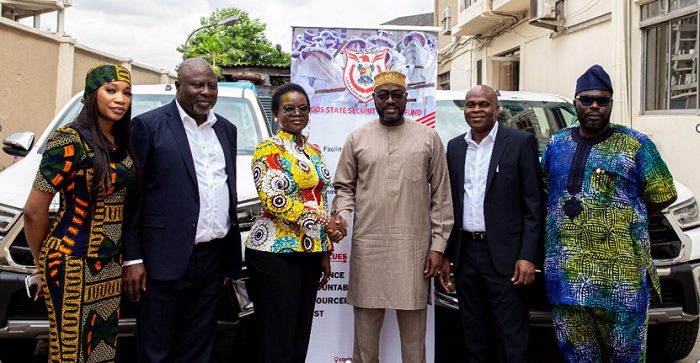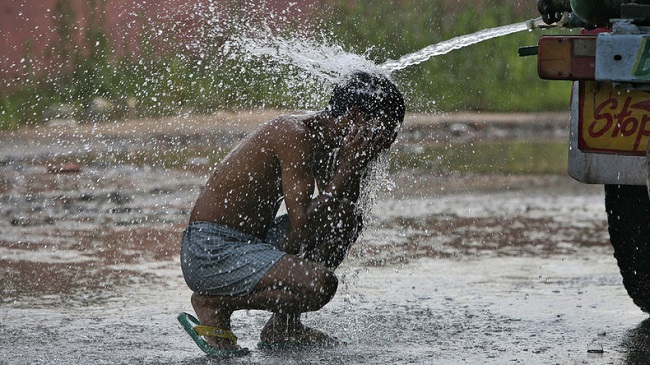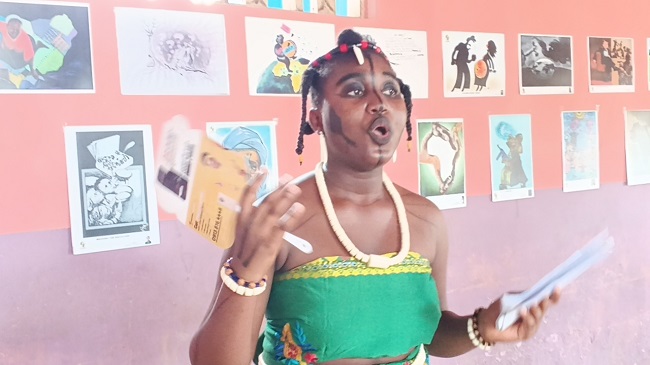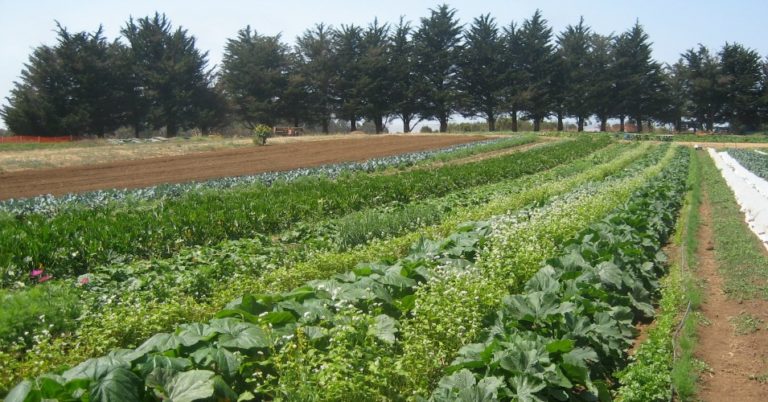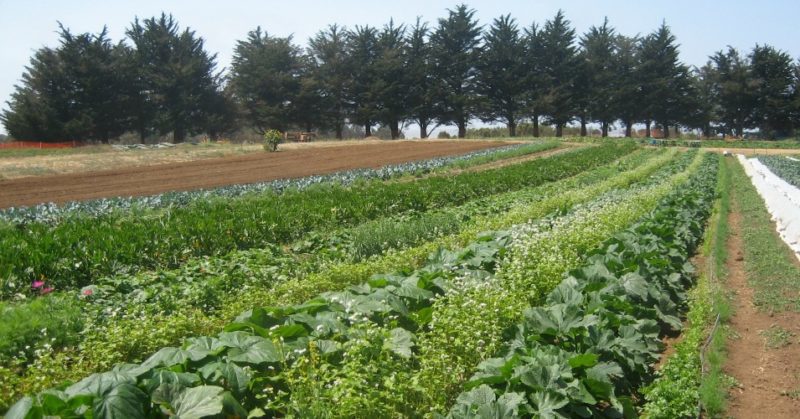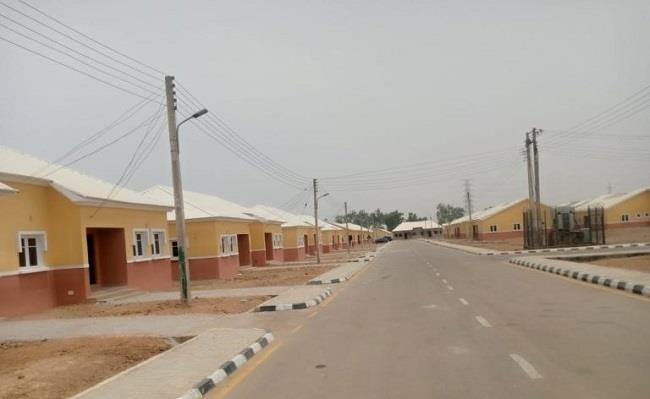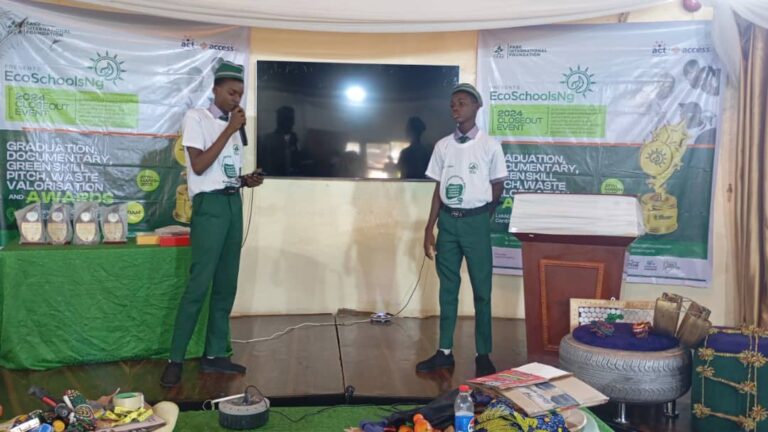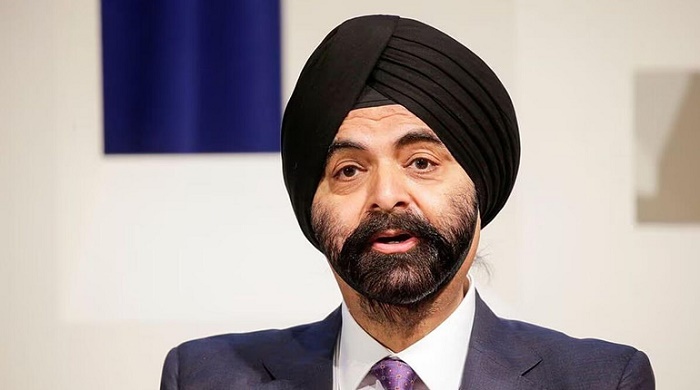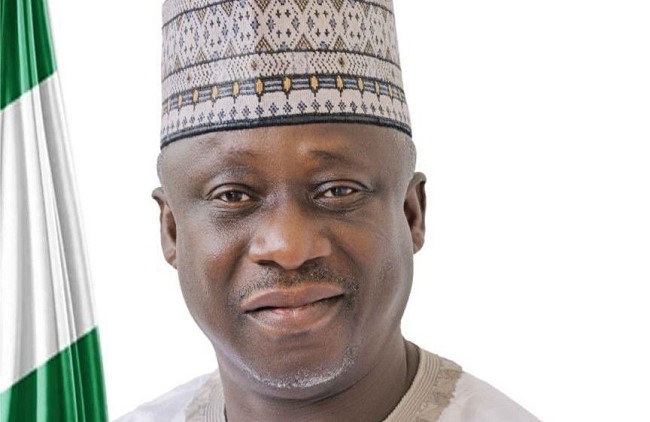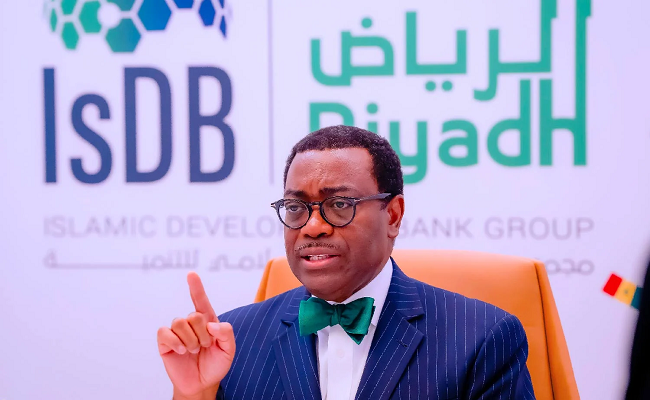The United Nations World Food Programme (WFP) is facing a critical funding shortfall that could lead to the suspension of food aid for Dzaleka Refugee Camp in Malawi by May 2025, leaving thousands of refugees at risk of hunger.
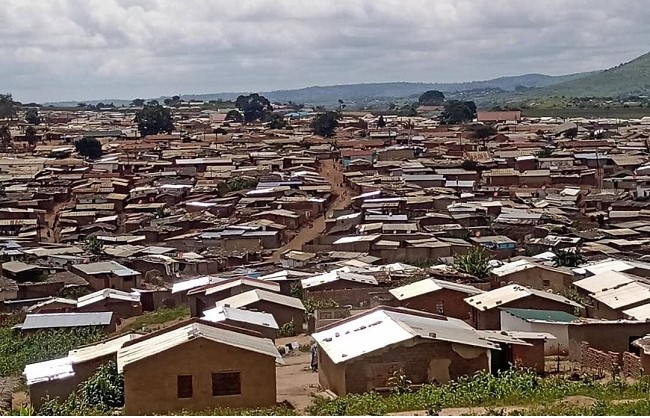
The camp, located in Dowa District, Central Malawi, has seen its population surge from its initial 12,000-person capacity to 57,312 refugees and asylum seekers due to continuous arrivals and births, with over 200 babies born monthly.
Speaking in Lilongwe on March 28, 2025, Simon Denhere, WFP’s Interim Country Director in Malawi, confirmed that due to reduced global donor funding, WFP had already cut refugee rations from 75% to 50% in February 2025.
“If we do not secure additional funding from our development partners, we may have to completely suspend cash assistance in May,” Denhere warned.
“We require about $10.7 million to restore full food rations through December 2025.”
Refugees Face Growing Hardship
The looming crisis has raised serious concerns among officials and refugee advocates.
Deputy Commissioner for Refugees, Ivy Chifundo Chihana, described the situation as dire.
“If funding is not secured, thousands of refugees will be left without food assistance, pushing families into severe hardship,” she said.
Camp Manager, Elton Phulusa, acknowledged that only 30% of refugees have managed to establish small businesses or engage in farming to sustain themselves.
“Hunger levels are worsening,” Phulusa said. “We are working with Plan International and the UN Refugee Agency (UNHCR) to train refugees in farming and business management, but we need urgent food support in the meantime.”
Community Leaders Call for Urgent Support
Joyce Wamuyu, a refugee community leader from Rwanda, urged WFP to explore alternative funding solutions.
“We cannot survive without this assistance,” she stressed.
“If WFP stops food aid, many of us will starve.”
The crisis is already forcing desperate survival measures, with reports of teenage girls engaging in survival sex for food and young boys resorting to theft to sustain themselves.
Currently, WFP provides cash assistance to every refugee, distributing MK15,000 per person monthly, covering only 50% of their food needs.
Struggling Infrastructure and Security Concerns
The crisis extends beyond hunger, affecting security, healthcare, and education.
- Medical supplies are running low, worsening conditions for sick refugees.
- Overcrowded schools lack sufficient resources to accommodate growing numbers.
- Security concerns are escalating, with refugees increasingly vulnerable to exploitation and crime.
Dzaleka is home to asylum seekers and refugees from the Democratic Republic of Congo (DRC), Burundi, Rwanda, and Ethiopia, among other nations.
As WFP’s funding deadline approaches, the future of thousands remains uncertain. Without immediate intervention, Dzaleka Refugee Camp may soon face a humanitarian disaster.
By Esther Banda, AfricaBrief

